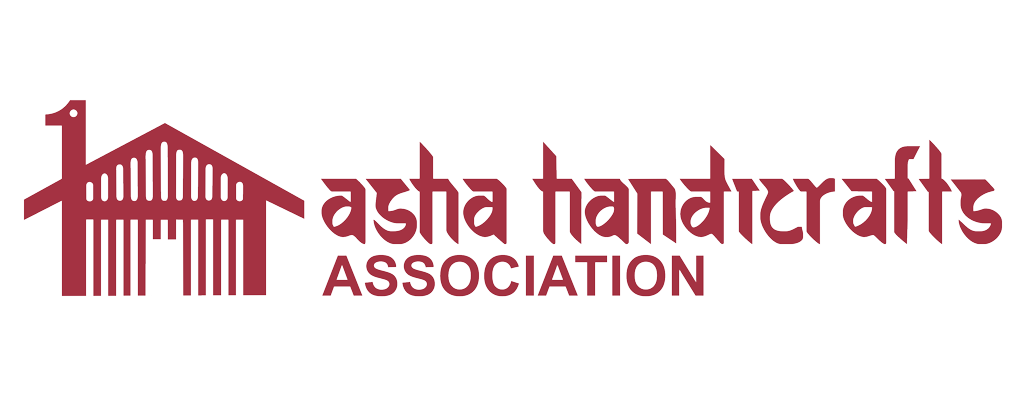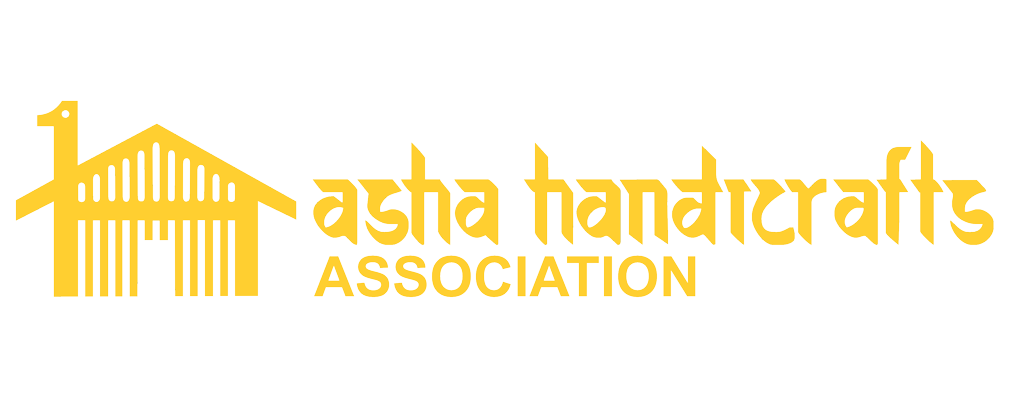FAIR TRADE
Fair Trade is a trading partnership recognised the world over that seeks great equity in international
trade. It plays an active part in sustainable development by offering better trading conditions to, and securing the rights of marginalised producers and workers. Backed by aware consumers the world over, Fair Trade organisations are actively engaged in supporting producers, raising awareness and in campaigning for reforms in conventional international trade. A Fair Trade product can be recognised by the WFTO logo.





















